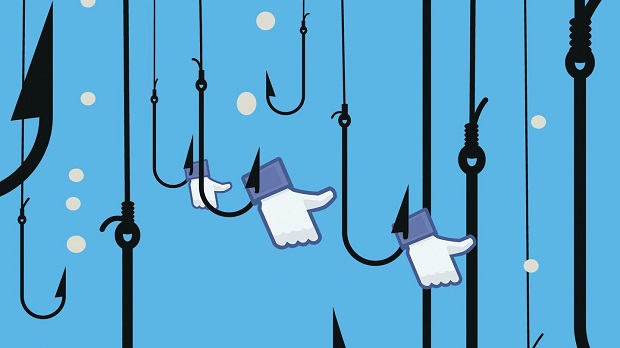What is Clickbait? Why should be careful when using clickbait?
Content marketing has always been about generating traffic. If you can't attract visitors to your website, your chances of success are almost zero.
However, over the past few years, there have been many marketers and small business owners trying to find an easier way to increase traffic by producing and promoting so-called 'clickbaits'.
When used skillfully and moderately, clickbait can be an effective marketing tool - but you have to be careful.
What is Clickbait?
You've seen clickbait everywhere, even if you don't always know about it.

Simply put, a clickbait is a piece of content that is intentionally over-promising or misrepresenting, in order to lure users into a particular website. Clickbait often engages users with sensational headlines - such as 'you won't believe this' or 'you'll never guess what happens next' - but then fails to meet expectations user tacit.
One of the most popular types of clickbait content is the creation of a 'listicle', which aggregates content from other websites to pull more users into one site.
Clickbait articles tend to be under 300 words long and generally don't include original ideas or content. Instead, they are summaries of longer stories or embedded videos that can be found elsewhere, and when tested do not necessarily match the respective headline or lead.
Many small business owners and marketing agencies prefer to use clickbait, as it's a super-fast way to generate web traffic - and can deliver results. Industry-specific listicles in particular can save users a lot of time and effort trying to synthesize information by themselves. The subsequent increase in traffic that this content generates can significantly improve your website's presence on search engines. Generally speaking, mutual benefits.
It's hard to say if that traffic directly leads to higher conversion rates and increased sales. But if companies are too reliant on clickbaits, it often backfires.
Why should be careful when using clickbait to promote the business?

The trouble is that clickbait is always over-promising, so chances are most of your prospects will try to avoid that whenever possible. After all, no one likes feeling cheated or wasting your time - and so if you start publishing or promoting clickbait too often, your brand may be 'tagged'. information is a problem or is a waste of time. More importantly, you can beat yourself in terms of SEO.
Search engines like Google put a lot of criteria into their algorithms when it comes to generating results pages for users - and one of those factors is the quality of the web content.
Every few months, Google releases a number of updates designed to screen for clickthroughs, duplicate content and fake news, and then 'punish' pages and websites that have relate to those low-quality content, by pushing them deeper down the results pages.
Another factor that search engines consider when ranking different websites is the site's bounce rate. If a user clicks on a page, identifies the content as useless and immediately "exits" from the site without clicking on another, Google typically ranks the site as less valuable, in the opinion of user. The more users that get rid of your gibberish content, the more your website is affected.
Facebook has also taken its own steps to combat clickbait. Last summer, the social media giant revealed a new algorithm update, which identifies how clickbait is posted by companies and then prevents those posts from showing up in users' News Feeds.
Please keep this in mind: You should think twice before hosting clickbait on your company's website or sharing it on social media. When used sparingly and creatively, it can generate active traffic, boosting your business's online presence.
But relying too much on clickbait is also a surefire way of damaging your SEO plan, losing your social media followers and trusting your brand. So you should really be cautious.